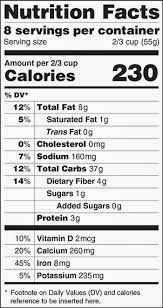If there is one time of year that is a test of our willpower and our waistlines, this is it – the holiday season! Delights abound on every table and countertop, and in almost every home and office we walk in to. Although this environment can be difficult to control, there are many things we can control to make healthier choices and a healthier home environment during the holidays. Here are just a few suggestions:
1. Think simple. Don’t have a whole bunch of different dishes, as calorie intake increases with the variety of a meal. Also, keep the ingredients simple: steamed broccoli has less calories than a cheesy broccoli casserole. If you are doing holiday baking, bake perhaps 1 or 2 different things rather than a half dozen selections. This will free up time for you to get outside and be more active as well.
2. Look for ways to cook healthier choice alternatives. For example, try these fantastic chocolate espresso brownies instead of a heavy chocolate cake or Christmas cookies. Use skim condensed milk in baking. Substitute splenda instead of sugar.
3. Go for a walk after a meal. This helps to work off some of the calories, prevents second helpings, and in the case of diabetics, helps to control blood sugar after the meal.
4. Watch out for sauces and gravies. These are a major contributor to calorie intake at holiday meals. If you want them, make low fat gravy, and consider dipping your fork in it rather than drowning your plate.
5. Don’t allow weight gain over the holidays, with a plan to lose it later. When we allow our weight to fluctuate up and down, we are doing our metabolism harm. Our bodies remember the maximum weight we have ever weighed, and from then on, the body exerts mechanisms to try to get back up to that previous weight. Metabolism is downregulated with weight loss, and hormonal triggers stimulate the drive to eat our way back up to our previous weight. It is harder for a 200lb person who previously weighed 240lb to keep their weight stable, compared to an otherwise identical 200lb person who has never weighed more than that. Therefore, not only is it difficult to shed excess pounds after they have come on, but it is also harder to maintain your weight if you have previously weighed in higher.
Dr Sue Pedersen www.drsue.ca © 2011
drsuetalks@gmail.com
Follow me on Twitter for daily tips! @drsuepedersen












